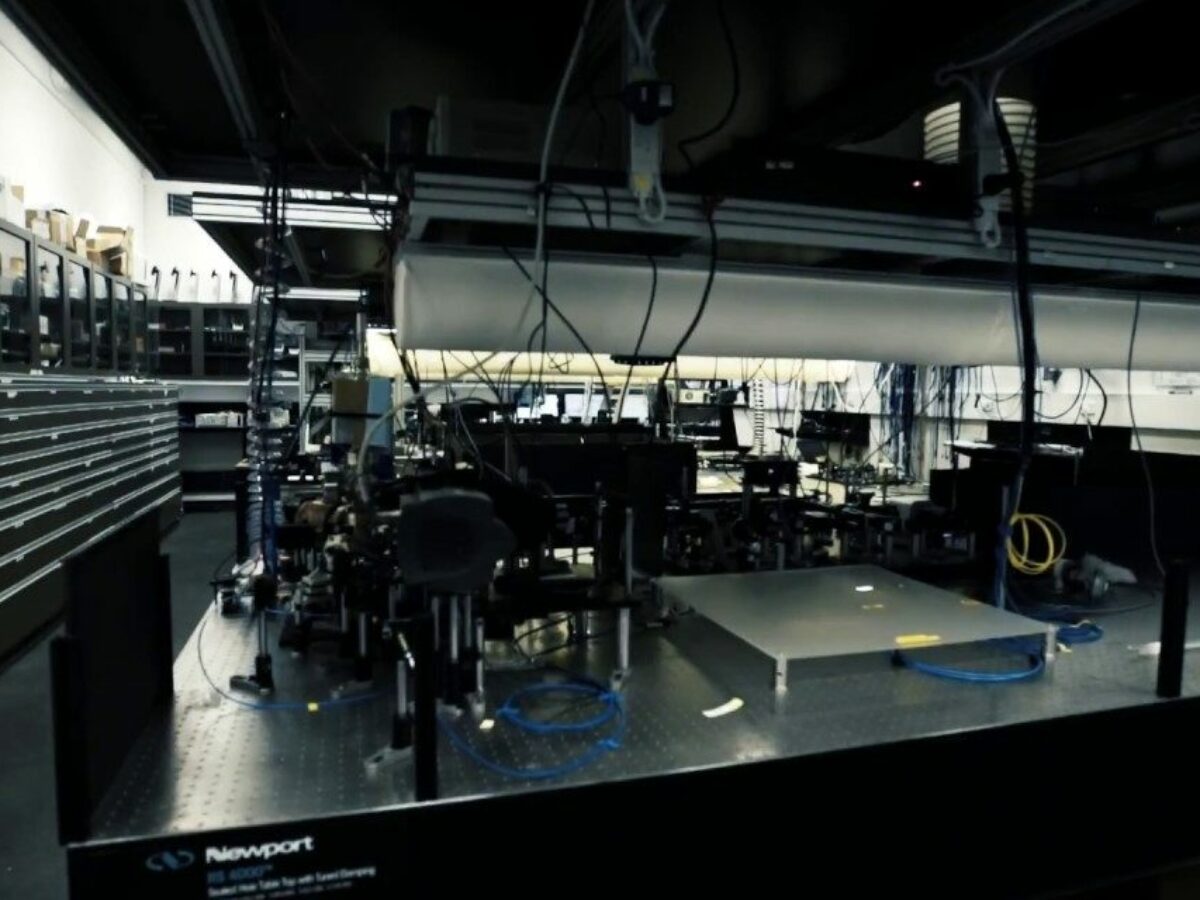Q-CTRL in quantum error advance

Researchers at the University of Sydney and the university's spinoff quantum control technology group Q-CTRL today announced a major advance in the control of errors from cutting edge quantum computers.
The groups have developed a new algorithm to identify sources of error in quantum computers through machine learning, providing hardware developers the ability to pinpoint performance degradation more accurately and accelerate paths to useful quantum computers.
Their paper on the research, ‘Quantum Oscillator Noise Spectroscopy via Displaced Cat States‘, has been published in the leading physical science journal, Physical Review Letters.
Quantum computers store in formation at the sub-atomic level, making them the next step in micro-electronics, however producing reliable hardware that could gain widespread use is still an issue for the growing sector.
Sydney university, funded over many years by the Australian government, is a leading researcher in the area.
Focused on reducing errors caused by environmental ‘noise', the Sydney team developed a technique to detect tiny deviations from the precise conditions needed to execute quantum algorithms using trapped ion and superconducting quantum computing hardware.
These are the core technologies used by world-leading industrial quantum computing efforts at IBM, Google, Honeywell, IonQ, and others.
To pinpoint the source of the measured deviations, Q-CTRL scientists developed a new way to process the measurement results using custom machine-learning algorithms.
The researchers were also able to minimise the impact of background interference in the process.
University researcher Dr Cornelius Hempel said: “Combining cutting-edge experimental techniques with machine learning has demonstrated huge advantages in the development of quantum computers.
“The Q-CTRL team was able to rapidly develop a professionally engineered machine learning solution that allowed us to make sense of our data and provide a new way to ‘see’ the problems in the hardware and address them.”
Q-CTRL CEO Professor Michael J. Biercuk said the ability to identify and suppress sources of performance degradation in quantum hardware is critical to both basic research and industrial efforts building quantum sensors and quantum computers.
Biercuk said: “Quantum control, augmented by machine learning, has shown a pathway to make these systems practically useful and dramatically accelerate R&D timelines.”
Picture: Q-CTRL
Subscribe to our free @AuManufacturing newsletter here.
Topics Manufacturing News Technology
@aumanufacturing Sections
Analysis and Commentary Awards casino reviews Defence Gambling Manufacturing News Online Casino Podcast Technology Videos

